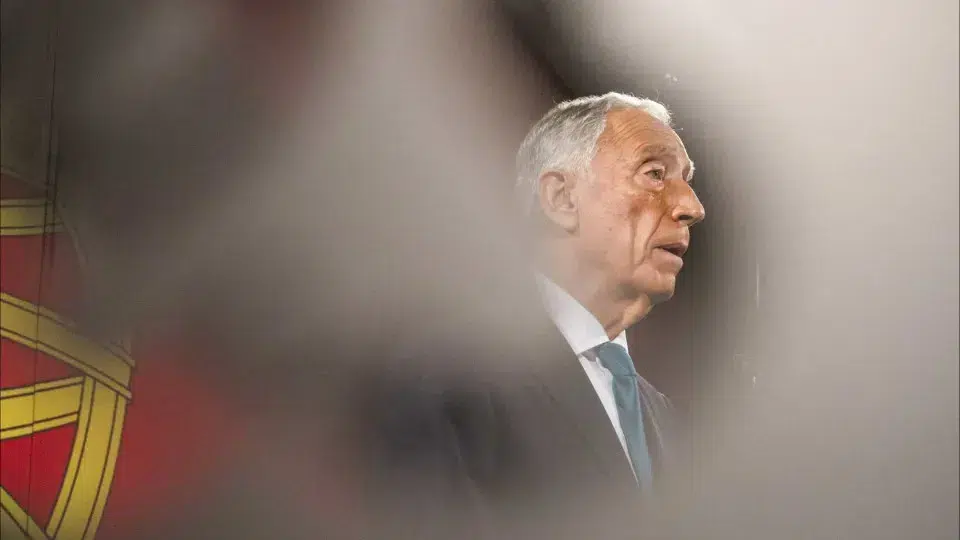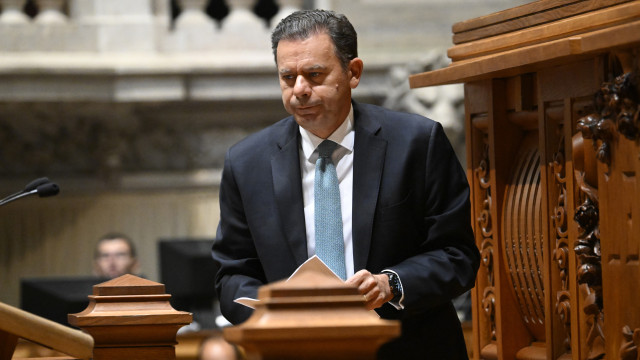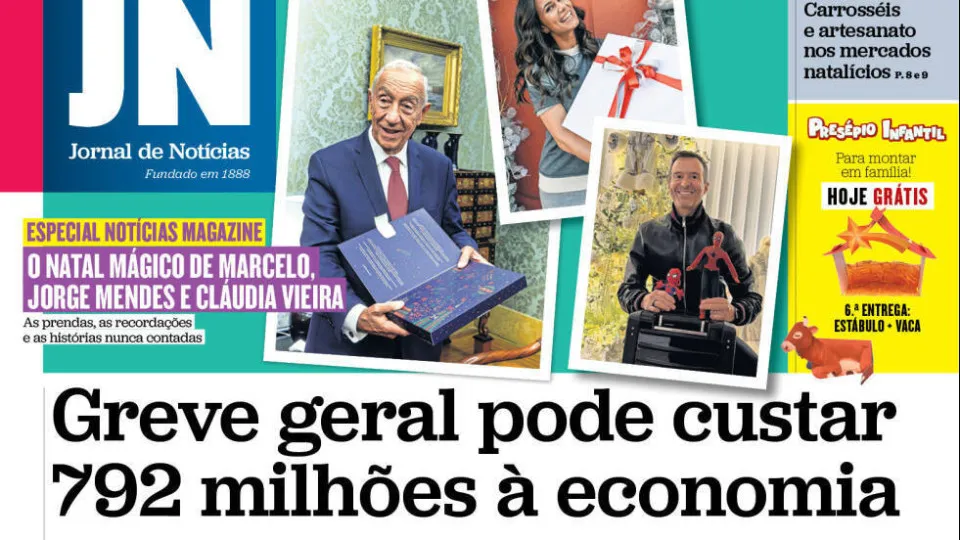
“A Territorial Cohesion deserved a minister who wouldn’t also handle the economy,” stated Luísa Salgueiro to Lusa, when queried about Manuel Castro Almeida’s appointment to the Ministry of Territorial Cohesion, a position he previously held and now also encompassing the Economy.
According to Luísa Salgueiro, who is also the president of the Matosinhos City Council in the Porto district, Castro Almeida’s selection is a “continuity option” as he is familiar with the dossiers the ANMP has open.
Wishing him a successful term, the socialist mentioned the need to address many unresolved issues.
Manuel Castro Almeida will continue overseeing the execution of European funds, but he will now also handle the Economy, previously managed by Pedro Reis, at a crucial time when the response to US tariff policy is commencing.
The 67-year-old lawyer was responsible in the previous government for securing the execution of European funds, particularly the Recovery and Resilience Plan (PRR), which is set to conclude by mid-next year.
Now, the minister must combine these tasks with overseeing the Economy, previously under Pedro Reis.
As the head of the European funds, he committed, after the PRR reprogramming, to ensure its execution by the end of 2026.
In the last term, Castro Almeida’s ministry was embroiled in one of the government’s significant controversies following the approval of changes to the Legal Framework of Territorial Management Instruments (RJIGT), known as the land law, effective at the end of January 2025.
Castro Almeida is a highly regarded figure within the party, especially on matters such as cohesion, decentralization of competencies, and local finance law.
Among his roles, he notably served as the administrator of the Commission for Coordination and Regional Development of the North from 1982 to 1991.
In 1991, he was first elected as a deputy for the PSD bench, served as the deputy chair of the parliamentary group, and coordinated the social democrats in the parliamentary committees of Economy, Finance and Planning, Education, Science and Culture, and Public Works, Transport and Communications.




